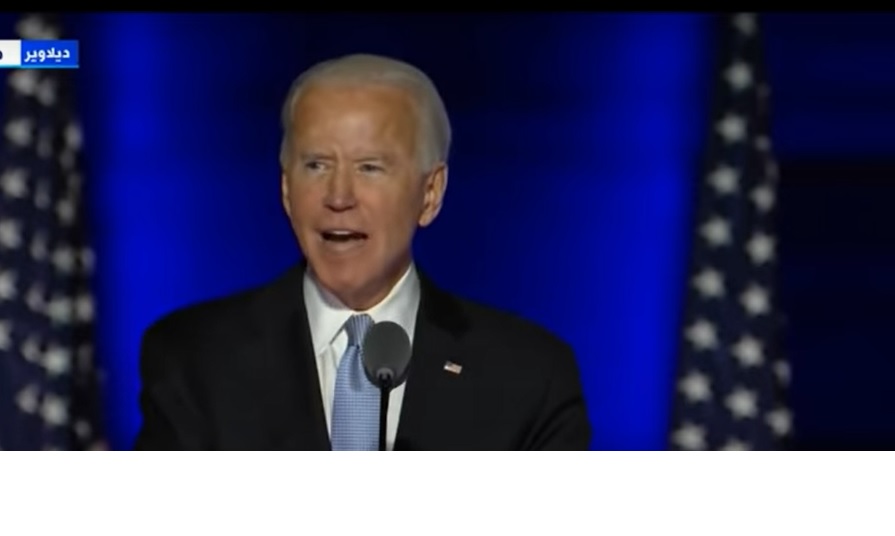The recent visit of US Secretary of State Tony Blinken to the region ended in failure, according to senior Palestinian Authority (PA) officials.
PA Chairman Mahmoud Abbas’s associates attribute this failure to the Israeli government’s reluctance to align with the American vision for a two-state solution.
Blinken, at the conclusion of his Middle East visit, claimed support from Arab leaders for the post-war vision in Gaza, emphasizing the establishment of a Palestinian state alongside Israel.
However, the main obstacle, according to the Biden administration and moderate Arab countries, is the Israeli government’s lack of willingness to progress with this vision.
While Israel seeks normalization with Arab countries, particularly Saudi Arabia, it is hesitant to endorse the establishment of an independent Palestinian state.
The recent Hamas massacre near Gaza has further strained trust, making political negotiations challenging.
The Biden administration believes that Israel’s security failure during the October 7 massacre underscores the need for a political solution alongside security measures.
However, Israel views its security forces as reliable and is focused on winning the war in Gaza for stability.
Efforts to involve moderate Arab countries in a multinational force for Gaza face resistance, with leaders expressing their unwillingness.
The US aims for the PA to govern Gaza post-reforms, but Israel objects, citing corruption and support for terrorism.
There are claims of attempted blackmail by the US, suggesting Gulf leaders tie financial aid for Gaza’s rehabilitation to Israel agreeing to a political path leading to an independent Palestinian state.
Saudi Crown Prince Bin Salman indicated a willingness to normalize relations with Israel but insisted on a commitment to a Palestinian state, heightened after the Gaza war, with additional demands for advanced weapons and a nuclear reactor.
Israel rejects this equation, citing historical experiences where territories relinquished under the Oslo Accords became bases for terrorism.
The current coalition in Israel, led by Prime Minister Netanyahu, is unlikely to support the American vision.
Several unresolved issues persist between Israel and the US, including the pace of fighting in Gaza, the return of displaced residents, and the transfer of frozen tax money to the PA.
Israel’s dependence on US support for security and international political backing remains crucial.
While maintaining restraint in public statements about Gaza, it’s essential for Israel to reach an understanding with the Biden administration regarding post-war governance.
However, the establishment of an independent Palestinian state remains unacceptable to Israel.
Given the current political landscape, the administration may need to wait for a potential political shift in Israel through early elections to realize its vision for peace in the Middle East.
The uncertainty of President Biden’s reelection further complicates the timeline for these developments.




